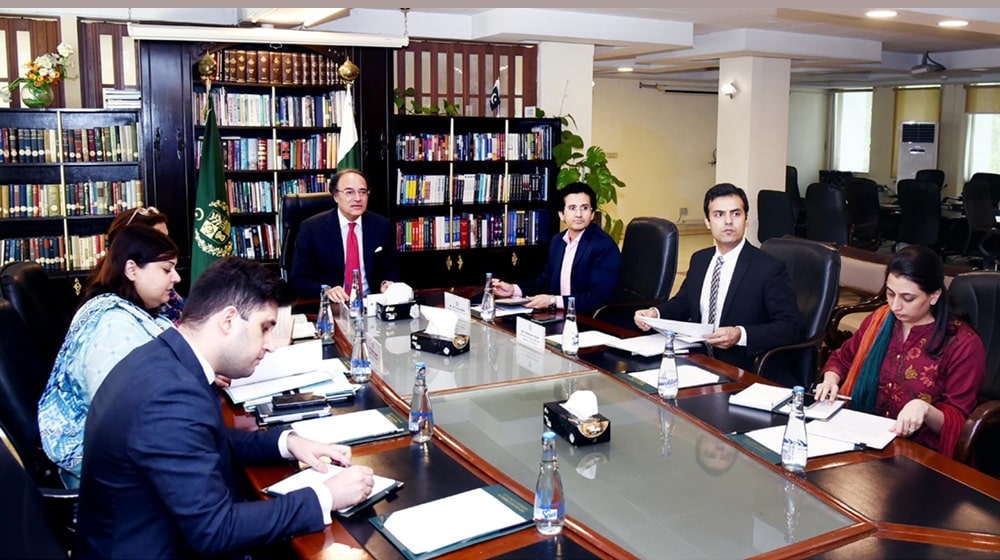In a groundbreaking move aimed at entering the lucrative global hemp market, the Pakistani government has announced plans to allow commercial cultivation of hemp starting in January 2025. The decision was unveiled during a recent meeting of the Senate Standing Committee on Science and Technology, chaired by Senator Kamal Ali Agha. Officials from the Pakistan Council of Scientific and Industrial Research (PCSIR) revealed that the country could potentially earn between $5-7 billion in foreign exchange through hemp exports.
Unlocking a $7 Billion Opportunity
Pakistan currently has hemp cultivation worth approximately $5 billion, but much of this potential remains untapped. By legalizing and regulating the commercial cultivation of hemp, the government aims to harness this valuable resource more effectively. The establishment of the Cannabis Control and Regulatory Authority (CCRA) has been approved to oversee the industry and ensure that the cultivation, processing, and export of hemp products meet international standards.
Global Market Potential
The global hemp market is vast, with over 50 countries utilizing the plant for various industrial and pharmaceutical applications. Hemp is known for its versatility, being used in products ranging from textiles to medicines. Pakistan’s entry into this market could open new avenues for economic growth, especially given the favorable conditions for hemp cultivation in the country.
The PCSIR has already initiated hemp cultivation on a small scale, with a two-acre pilot project at the Barani Agricultural University. Early research and development have produced a range of hemp-based products, showcasing the plant’s potential for diverse applications.
Regulatory Framework and International Trade
To ensure that hemp cultivation and processing are conducted responsibly, the government has approved the formation of the CCRA. This body will be responsible for issuing licenses for commercial hemp cultivation and regulating the industry. The Defense Secretary will serve as the chairman of the CCRA, with other members including secretaries from relevant ministries, provincial chief secretaries, and representatives from the Intelligence Bureau (IB), Anti-Narcotics Force (ANF), and the Drug Regulatory Authority of Pakistan (DRAP).
Pakistan is already exporting some hemp products, primarily to the United States, which offers tax exemptions on hemp imports. With the CCRA in place, the government aims to scale up production and tap into new markets, thereby increasing export revenues.
A Strategic Move for Economic Growth
The decision to legalize hemp cultivation aligns with the government’s broader strategy to diversify Pakistan’s agricultural exports and boost the economy. Hemp is not only valuable for its industrial uses but also as a sustainable crop that requires less water and fewer pesticides compared to traditional crops like cotton. This makes it an attractive option for farmers and policymakers alike.
The establishment of a regulated hemp industry could also have a positive impact on rural development, providing new income streams for farmers and creating jobs in processing and manufacturing. With the global demand for hemp products expected to grow, Pakistan’s entry into this market could position the country as a key player in the industry.
The government’s decision to permit commercial hemp cultivation marks a significant step forward for Pakistan’s agricultural sector. By capitalizing on the global demand for hemp, the country stands to earn billions in foreign exchange, while also promoting sustainable agriculture and rural development. As the CCRA begins to take shape and the industry moves towards full-scale commercialization, Pakistan could soon become a major exporter of hemp products on the global stage.
Topics #featured #Pakistan #trending pakistan




